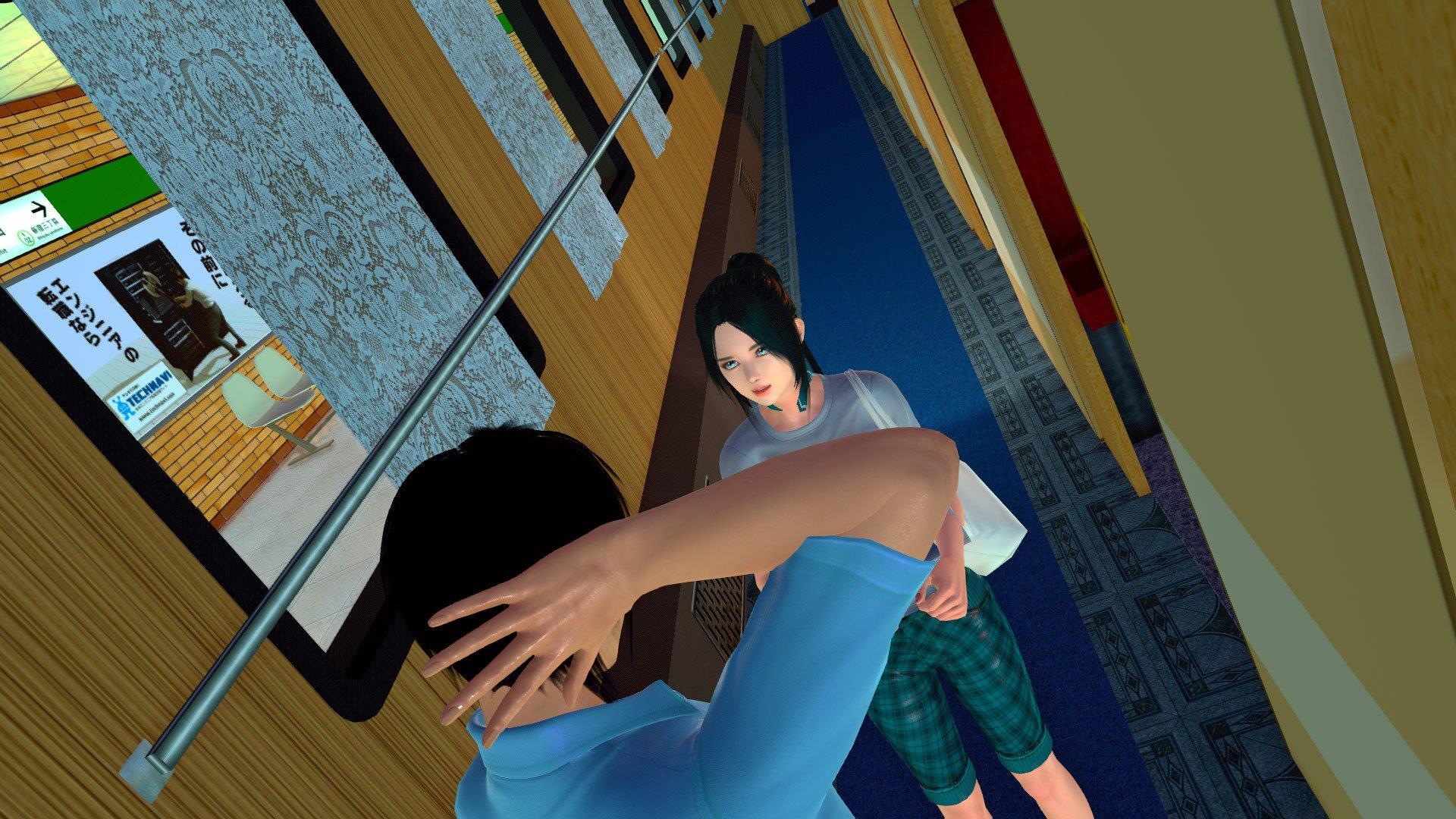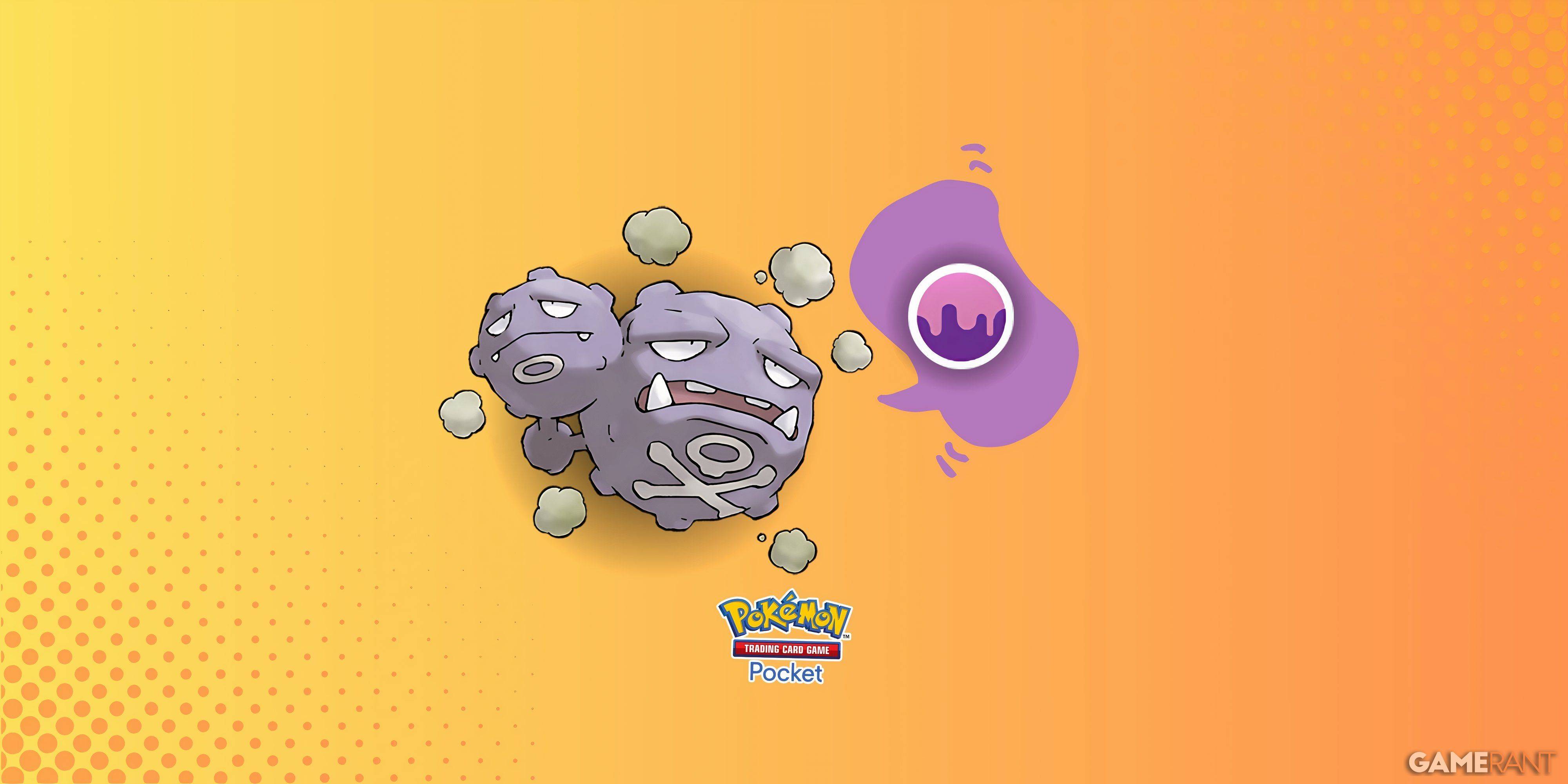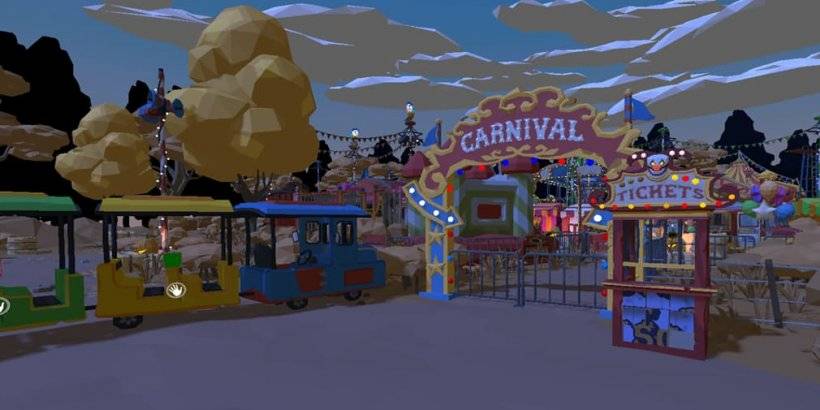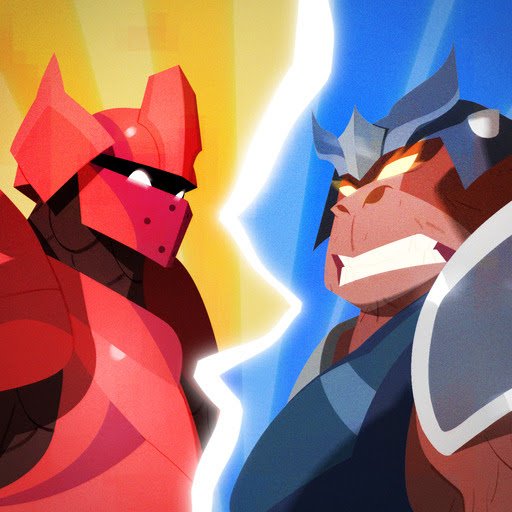Are Your DVDs Rotting Away?
If you're like me and have a collection of DVDs gathering dust on your shelf, recent reports might have you concerned about whether any of your cherished films have succumbed to the dreaded DVD rot. This issue, known as disc rot, isn't new; it has plagued various physical media formats, including LaserDiscs, CDs, and video games across multiple platforms. Any disc can fall victim to chemical deterioration, leading to playability issues that can range from minor glitches to complete failure.
While encountering disc rot in your collection can feel like a stroke of bad luck, some cases stem from how the discs were manufactured. Notably, Warner Bros. DVDs produced between 2006 and 2009 have been particularly susceptible to this problem. This issue gained renewed attention thanks to an article by JoBlo’s Chris Bumbray, who experienced it firsthand with WB-released Humphrey Bogart and Errol Flynn box sets. Yet, this problem has been well-documented among collectors for years, with expert physical media enthusiast and YouTuber Spencer Draper, known as Damn Fool Idealistic Crusader, discussing it in a video from late 2021.
A Problem Discovered, and a Studio’s Response
Draper and other collectors pinpointed that not all WB DVDs from this period were affected, but rather those manufactured at the now-closed Cinram plant in Pennsylvania. This can be identified by a tiny manufacturing label on the inner ring of the disc's backside. As a massive collector with an estimated 5,000 to 6,000 films spanning VHS to 4K UHD, Draper's collection includes a significant number of Warner Bros. DVDs. After learning about the issue, he meticulously checked each disc, stating, “I did the mad panic check of every single disc, one at a time.”
DVD rot manifests inconsistently, making detection challenging. Draper noted that even digital backups or scans do not always guarantee a disc is rot-free. He advised, “I found that even doing a scan or trying to do a digital backup wouldn't always guarantee that it was actually rot free and that the only way to really tell for sure was to go through the whole disc. And not just the feature, but all the supplements and the menus and things, and also trying to figure out what titles did [other] people have that I didn't but had gone bad.”
Draper reached out to Warner Bros. Home Entertainment, which initially proved challenging. However, as detailed in a follow-up video, WB eventually sent him replacement discs for affected titles, if they were still in production. In response to inquiries from IGN, Warner Bros. Home Entertainment issued a statement:
*“Warner Bros. Home Entertainment is aware of potential issues affecting select DVD titles manufactured between 2006 – 2009 and has been working directly with consumers on replacements or alternate solutions for nearly a decade. Any consumer who is experiencing an issue can contact* *[email protected]**. This is not a new issue. A website recently experienced this issue themselves and decided to write a story about it (since updated) and that has caused the latest news. WBHE has been working with consumers for nearly a decade when it was first brought to our attention. We have offered replacements when possible, or an alternate title when needed. Some of the discs are now out of print or the titles no longer licensed for DVD release. In these cases, WBHE offered an alternate title as a replacement.”*
This statement aligns closely with the one provided to JoBlo, though it extends the affected years from 2008 to 2009, corroborating Draper's findings.
How Do You Know if Your DVDs Are Rotting?
If you're concerned that your DVDs might be affected, start by checking the copyright year on the back of the DVD case. If it falls within 2006 to 2009, examine the disc's inner ring for manufacturing codes. Draper advises, “You need to look at the actual disc manufacturing codes on the inner ring [on the backside of the disc]. And if you see the letters ‘IFPI’ in there anywhere, you know it's one of the screwy ones.” These codes are small and may require magnification to read.
A quick reassurance: if you see a small blue stamp on the back cover saying “Disc Made in Mexico,” your disc was produced at a different plant and should be safe. For thorough checking, Draper suggests, “It doesn't hurt to just go ahead and check it. The easiest thing is to just put the disc in and just run through everything on ultra fast forward and then do the same on the extras. I know that sounds stupid, but that's one way of doing it.”
 She's wearing a DVD dress, which is one creative way to repurpose your rotted discs. (Image credit: Matthew Fearn/PA Images via Getty Images)
She's wearing a DVD dress, which is one creative way to repurpose your rotted discs. (Image credit: Matthew Fearn/PA Images via Getty Images)
Draper has compiled a list of affected titles, which is invaluable for anyone worried about their collection. This list also serves as a warning for those looking to buy older titles to avoid potential issues.
As a horror enthusiast, I noticed the HBO's Tales From the Crypt DVD sets on Draper's list. These sets are particularly frustrating due to their complicated rights issues, making them unavailable for legal streaming or digital purchase. They were released only once on physical media by Warner Bros., meaning that if you're a fan wanting to own them, you might end up with discs that don't play properly.
The erratic nature of WB DVD rot means a disc could work now but fail later. Draper highlighted this with Volume Two of the RKO Tarzan films, a rare title that, even if purchased, might not function due to rot. Unlike LaserDiscs, where rot issues were more predictable, WB DVDs can be fine one day and unplayable the next.
What’s a Typical DVD’s ‘Life Expectancy’?
Despite this issue with a specific batch of Warner Bros. DVDs, widespread DVD rot is not a common occurrence. Draper notes that while some early DVDs suffered from rot, these were exceptions. According to Sony’s official statement, “A typical DVD disc has an estimated life expectancy of anywhere from 30 to 100 years when properly stored and handled.” As we approach the 30th anniversary of DVDs in 1996, Draper remains optimistic, citing his early Warner DVDs from 1997, still in perfect condition.
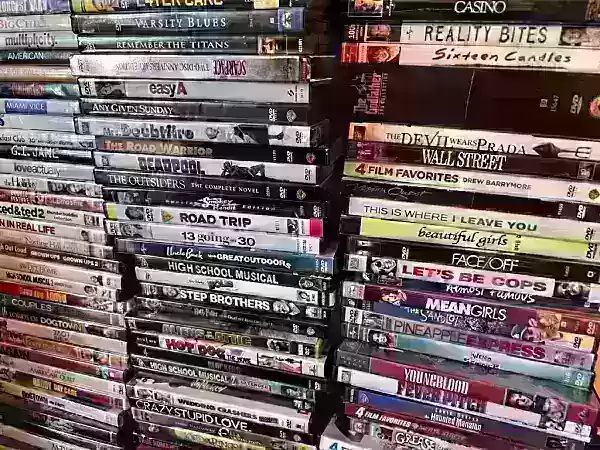 The unpredictable nature of DVD rot: Your copy of Hot Dog: The Movie might be fine, but what about Aliens in the Attic...? (Image credit: Smith Collection/Gado/Getty Images)
The unpredictable nature of DVD rot: Your copy of Hot Dog: The Movie might be fine, but what about Aliens in the Attic...? (Image credit: Smith Collection/Gado/Getty Images)
Blu-rays, so far, have not shown similar widespread issues, though there have been some reports about Blu-ray concerns. Draper mentions specific issues in France likely related to a particular manufacturer. Conversely, nearly all WB-produced HD DVD titles no longer play.
Criterion once faced a similar disc rot issue with some Blu-rays, linked to a specific manufacturing plant. They managed the situation well, providing details on affected titles and initiating an exchange program for newer versions.
For those affected by the Warner Bros. DVD rot, contacting [email protected] can start the replacement process. However, Draper warns that responses can vary greatly, and you might need to provide receipts, which many no longer have. While Warner Bros. can replace some titles with newer editions, others are out of print due to rights issues, leading to offers of alternate titles, which may not satisfy fans wanting their original collection.
Draper wishes Warner Bros. had been as transparent as Criterion, providing their own list of affected titles and acknowledging the source of the problem. His list remains a valuable resource for concerned consumers, filling the gap left by the absence of an official one from Warner Bros.
Additionally, newer releases might lack bonus features present in earlier versions, as Draper found with Pat Garrett and Billy the Kid, where the 2006 Warner Bros. DVD has exclusive content not found in the recent Criterion 4K UHD release.
In the streaming era, physical media remains a reliable way to enjoy your favorite films and series. However, the Warner Bros. DVD rot issue highlights a significant vulnerability that can leave collectors frustrated, long after the closure of the Pennsylvania Cinram plant.
Latest Articles




![Taffy Tales [v1.07.3a]](https://imgs.anofc.com/uploads/32/1719554710667e529623764.jpg)



